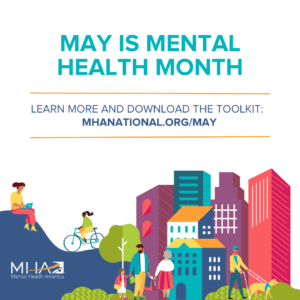May is Mental Health Awareness Month – a time to learn more about and recognize the importance of taking care of our mental health and well-being. With so much focus on physical health, it’s easy to forget that our minds require love and attention, too. This month also offers an important reminder for everyone to check in with friends and family who may need additional support. Here are a few key facts about mental health.
Why is Mental Health Awareness important?
The Mental Health Awareness Month campaign works to educate individuals on the effects of mental health and encourages people to seek help when necessary. This time also acknowledges the need for accessible and affordable resources, such as affordable therapy or counseling, medication, and support groups, amongst others.
Mental Health Awareness Month also aims to reduce the stigma surrounding mental health and encourage people to speak openly about their struggles. Mental health has historically been a taboo subject, but more and more individuals and organizations are working diligently to bring these issues to light. Mental illness affects millions of individuals worldwide and should be prioritized year-round.
Tips for maintaining mental wellness
In today’s fast-paced world, it’s easy to get swept up in the hustle and bustle of everyday life. All too often, we put our own needs and well-being on the backburner in favor of work, social obligations, and other responsibilities. But neglecting our mental and emotional health can have serious consequences. That’s why practicing self-care is so important. It means taking intentional steps to prioritize your own well-being, and it looks different for everyone. Some people might find that regular exercise and/or spending time in nature helps them feel centered and calm, while others might turn to meditation or therapy. Whatever form self-care takes for you, it’s important to make it a non-negotiable part of your routine. By prioritizing your mental wellness, you can lead a happier, healthier life.
Common signs of poor mental health
It can be challenging to recognize the signs of poor mental health in ourselves or our loved ones. Some common signs include persistent feelings of sadness or hopelessness, excessive worry or anxiety, drastic changes in appetite or sleep patterns, and social withdrawal. If you or someone you know is experiencing any of these symptoms, it is important to seek help from a licensed mental health professional. You can start by contacting your primary care physician or researching resources in your local community. Don’t suffer in silence. Remember that seeking support is a sign of strength.
Resources available in your community for mental health support
For individuals struggling with mental illness, coping can be a difficult feat, but it’s important to know that support is available in your community. There are various resources that can help, such as mental health clinics, counseling centers, support groups, and crisis hotlines. Many of these services are either free — like free and charitable clinics — or charge a nominal fee, making them accessible to anyone in need. To find a clinic near you, visit https://nafcclinics.org/. Additionally, community centers and religious organizations often hold events and workshops to address mental health concerns.
 Mental health is a critically important issue within our society that requires attention and care. Mental Health Awareness Month serves as an opportunity to normalize conversations about mental health, express support for those who are struggling, and make it easier to access the vital mental health resources we all need. By understanding the signs of poor mental health, practicing regular self-care activities, speaking up when help is needed, and engaging with your community’s mental health resources, you can become an advocate for positive mental wellness. It’s okay to not be okay– proclaiming this loudly year-round is how we will make real progress in de-stigmatizing conversations around mental well-being. With open dialogue and information readily available on supportive resources and treatments, let’s all commit to a culture where people feel comfortable talking openly about their struggles and reaching out for help when they need it most.
Mental health is a critically important issue within our society that requires attention and care. Mental Health Awareness Month serves as an opportunity to normalize conversations about mental health, express support for those who are struggling, and make it easier to access the vital mental health resources we all need. By understanding the signs of poor mental health, practicing regular self-care activities, speaking up when help is needed, and engaging with your community’s mental health resources, you can become an advocate for positive mental wellness. It’s okay to not be okay– proclaiming this loudly year-round is how we will make real progress in de-stigmatizing conversations around mental well-being. With open dialogue and information readily available on supportive resources and treatments, let’s all commit to a culture where people feel comfortable talking openly about their struggles and reaching out for help when they need it most.
Mental health awareness with the NAFC
Nobody should have to go through mental health struggles on their own. At the NAFC, we are dedicated to finding the uninsured and underserved the medical care they need — including those in relation to mental health. To learn more about our services and to locate a free and charitable clinic under the NAFC, please visit our website and get in touch with us today!
